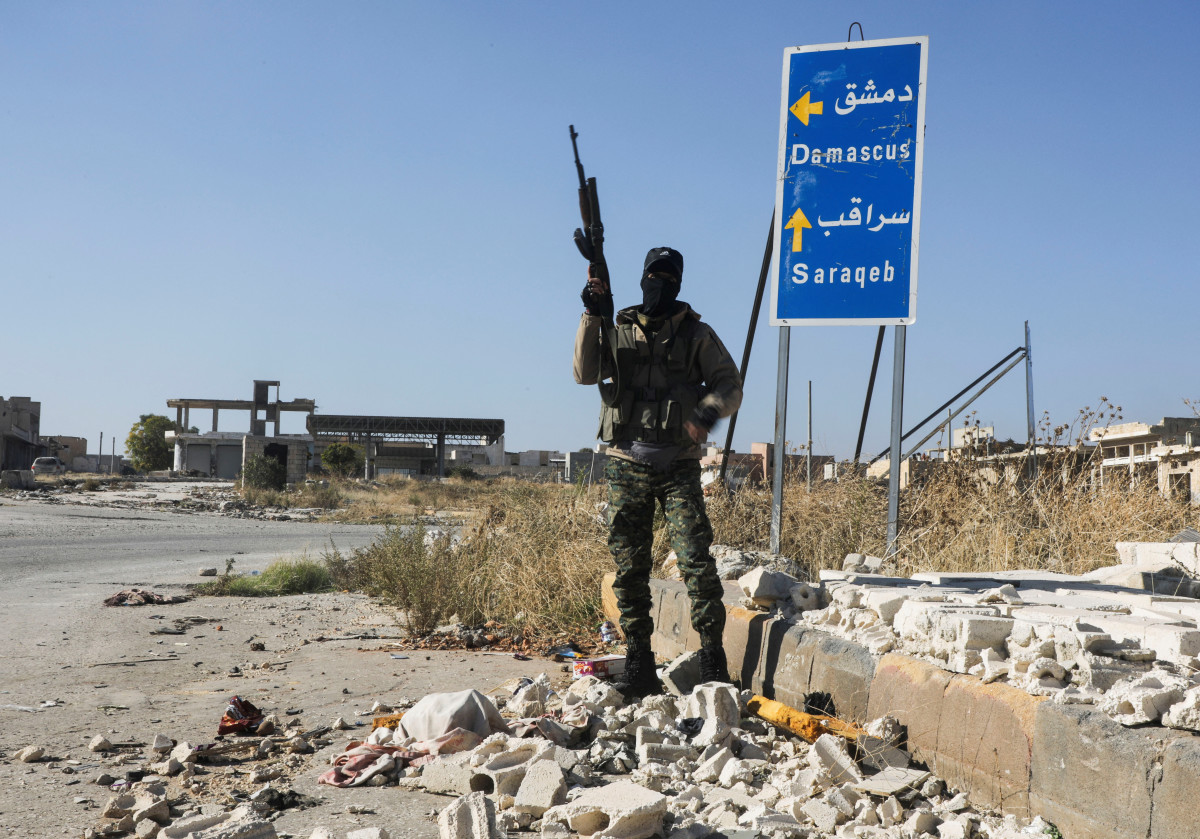The former Jordanian Minister of Information, Samih Al-Maita, was interviewed this evening (Sunday) on the Saudi Al-Hadath channel and explained what the Jordanian position is in relation to the situation in Syria today, as well as what Jordan’s position was in relation to Syria throughout the years of the crisis and the Assad regime.
Is there any Jordanian satisfaction with what is happening in Syria today?
“The matter is not satisfaction or dissatisfaction – the story is that there is a new event in Syria, that Bashar al-Assad’s regime has fallen and that there is a military force that has taken over Syria. This reality is something that Jordan is dealing with. Jordan announced from the beginning, His Majesty the King of Jordan announced , that Jordan respects the choice of the Syrian people.”
“By the way, two and a half years ago it was Jordan who proposed the initiative that became the Arab initiative for the rehabilitation of Syria in the Arab world and the lifting of sanctions in exchange for the former Syrian regime’s commitment to a solution to the political issues. The Syrians chose leadership or a new event in Syria. Jordan respects their choices, takes a supportive position and tries to help to the Syrians,” Al-Maita added.
The former Jordanian minister also said, “Our concerns in Jordan are about the chaos in Syria, we fear the geographical distribution and the presence of extremist forces in the area. Our concerns are geographical because in the end we are a neighboring country to Syria – we have a border between us that is about 378 kilometers long. In recent years we have been Surrounded by fire, when there were Iranian militias and Hezbollah forces at our borders, they made attempts to smuggle Sam The captagon, along with other drugs and weapons. They made attempts to penetrate the borders.”
“We have a direct interest in stability in Syria. Therefore, Jordan is looking for ways to achieve stability in Syria. Its interest is not in who will rule Syria, but in finding a political solution. Even throughout the crisis from 2011 until the fall of the Assad regime – Jordan did not prioritize either its survival or its fall, no Support for the opposition and not opposition to it,” he added.
Al-Maita concluded: “The matter is a political solution and the meaning of focusing on a political solution was in many situations an irritation in Jordan. In recent years we have talked with the Syrian regime about the issue of borders – that it cannot spread and control the borders. Many times there was arrogance, or also corruption and bribery. There was It is very clear that the Syrian state was involved in several things that harmed Jordanian security.”
